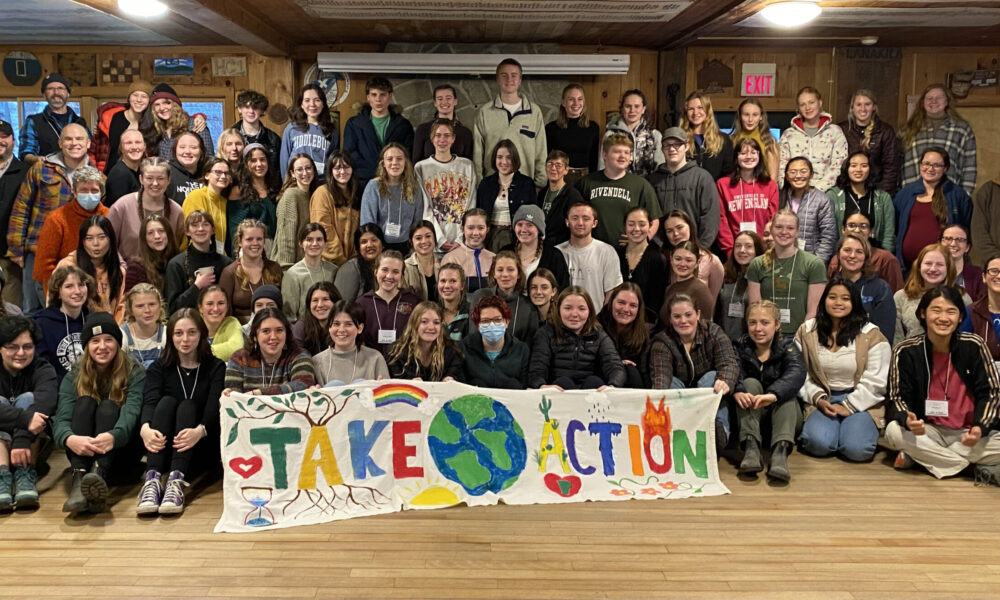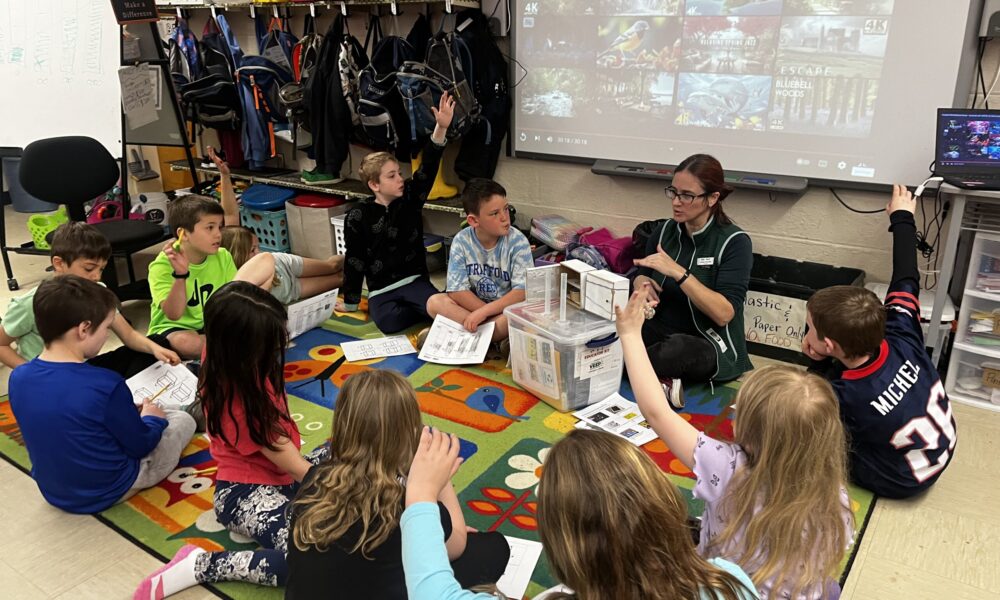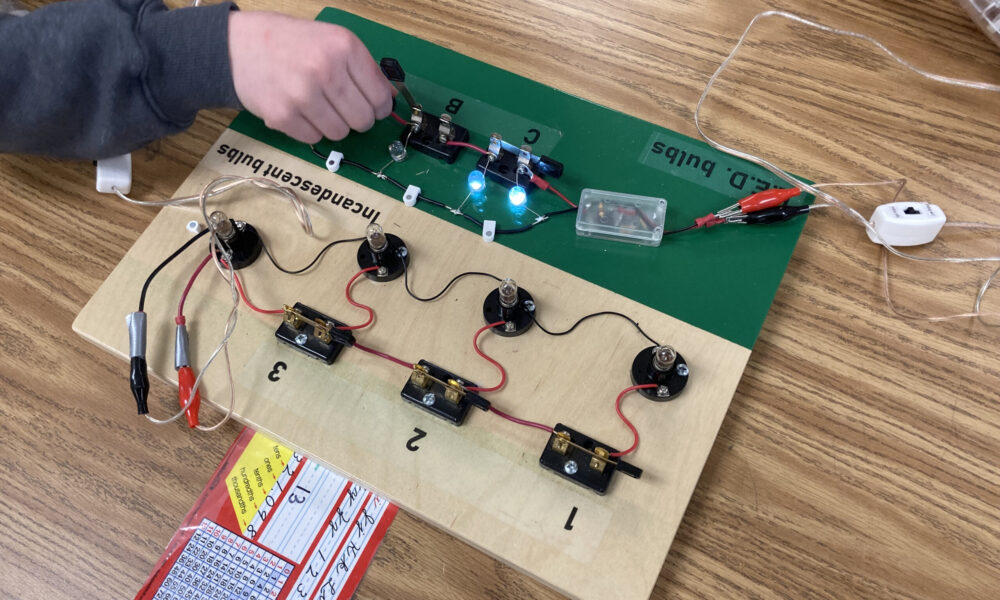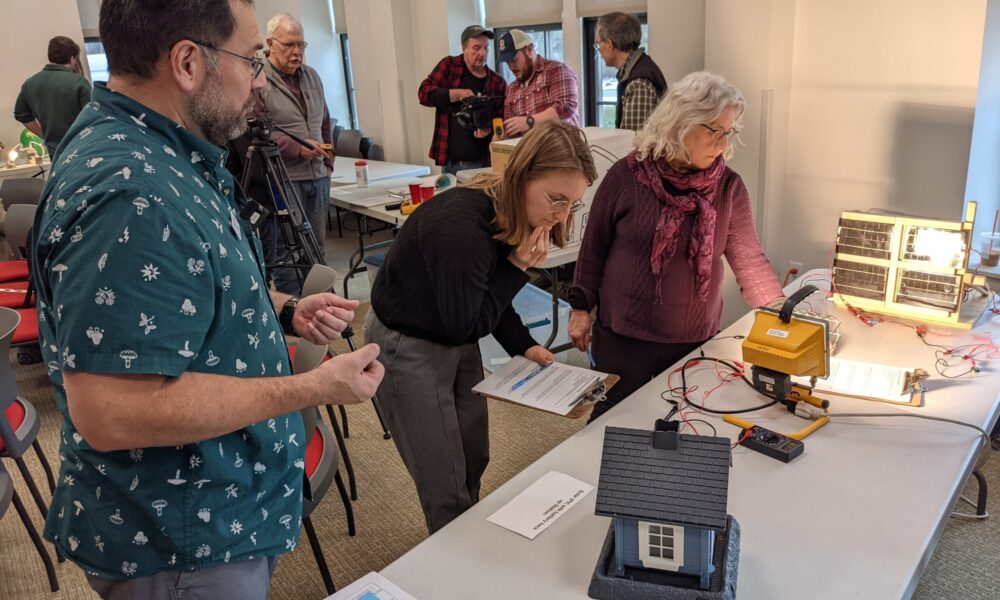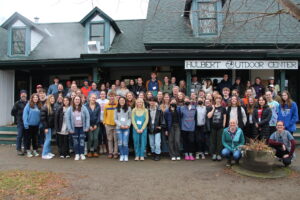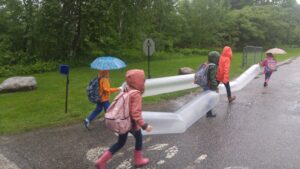Our Mission…
Is to build a deep understanding of energy and climate through education, inspiring and empowering people to take action for increased sustainability in our communities, economy and environment.
We help Vermont and New Hampshire students, teachers, and school communities build a deep understanding of energy and climate with interactive workshops, equipment, and action programs.
Featured Stories
- High school students learn new skills, build connections, and leave feeling empowered at YCLA
- Apply for Small Grants Now!
- Teacher Jesslyn Mullett Discusses How She Incorporates Climate Action into Her Curriculum

